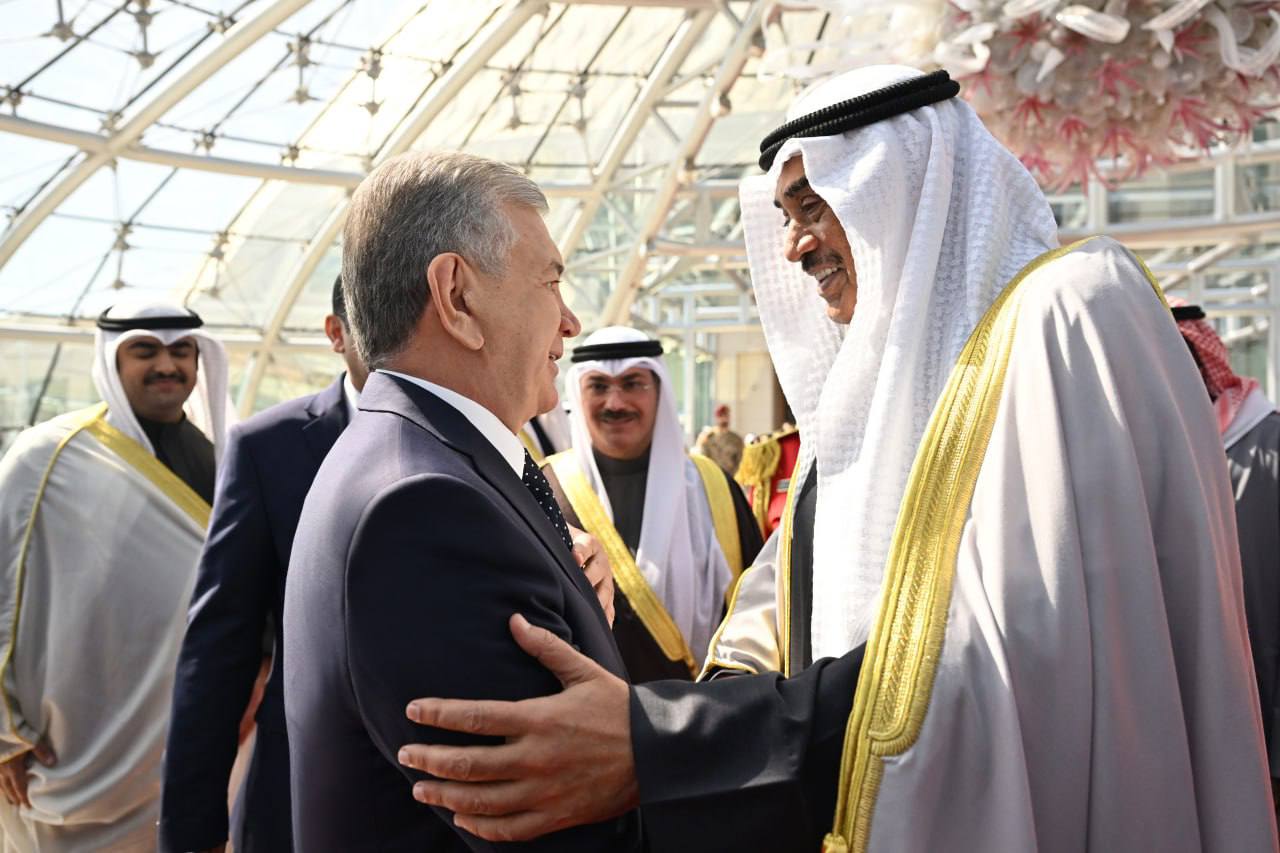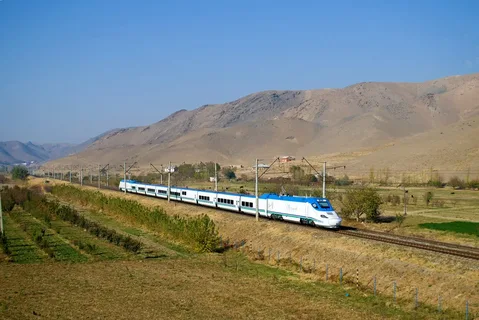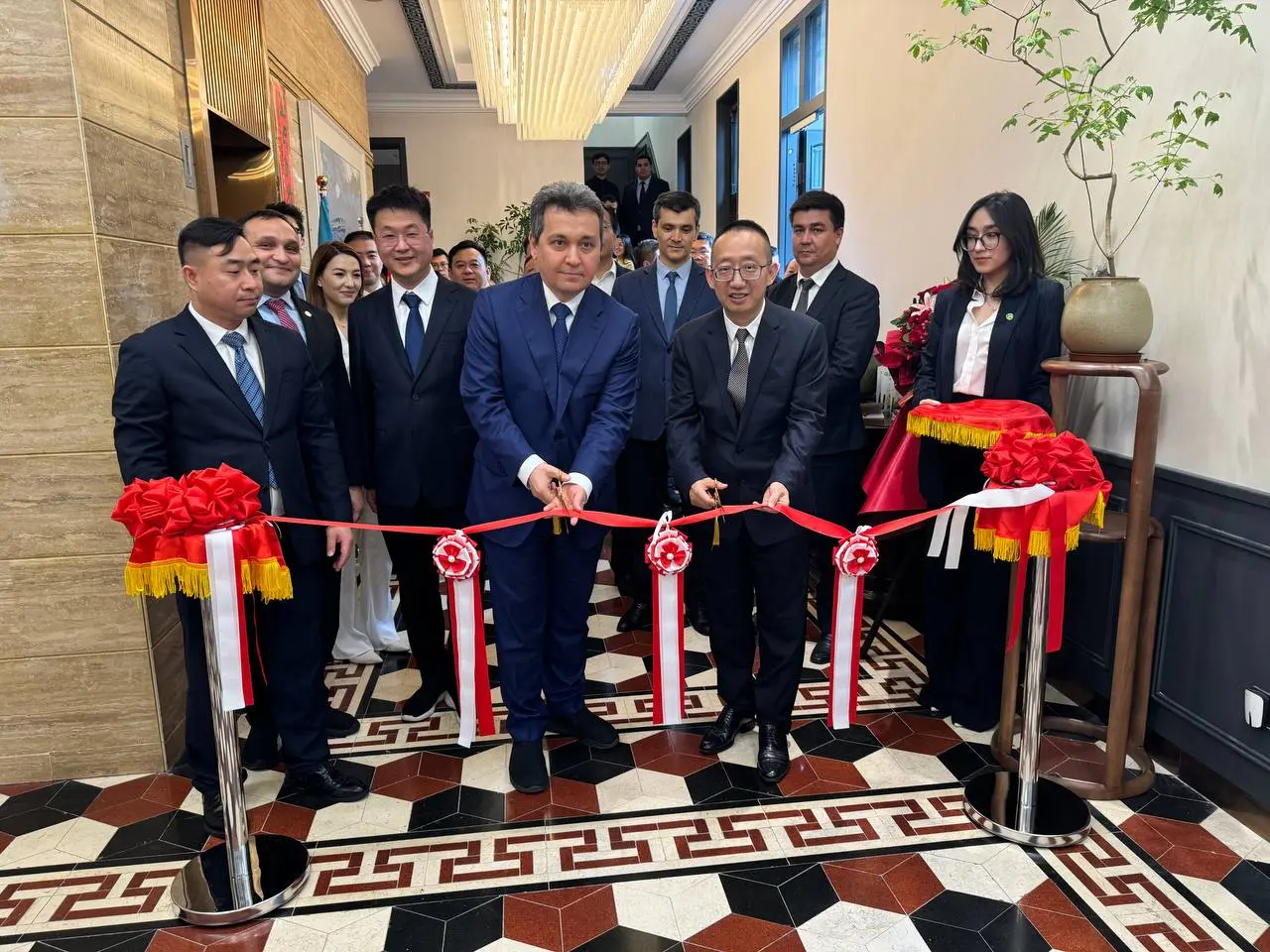The United States and China have reached an agreement on key parameters of a trade framework aimed at implementing the Geneva Consensus. This was reported by the Ministry of Commerce of the People's Republic of China, confirming that the parties agreed on measures to simplify export procedures and ease a number of technological restrictions.
According to the terms, the Chinese side is ready to consider and approve export applications for goods subject to export control rules. In response, the United States pledged to lift some of the previously imposed restrictions on Beijing. Details regarding specific measures or the list of products have not yet been disclosed.
The decision was made against the background of statements by US President Donald Trump about reaching a new agreement signed with China. The representative of the administration clarified that we are talking about an additional agreement that establishes the mechanism for implementing the Geneva Agreement, which was reached in May at a meeting in Switzerland.
The agreements were formalized after the London talks between US Treasury Secretary Scott Bessent and Vice Premier of the State Council of the People's Republic of China He Lifeng. The meeting lasted two days and ended with the signing of an agreement on the implementation of the Geneva Consensus, which was previously under threat due to mutual accusations of violating trade conditions.
The key element of the negotiations remains the supply of rare earths-strategically important materials that are critically needed for the high-tech and defense industries. Despite the agreement, experts warn that China is likely to continue to maintain export controls on these resources, especially for products not related to magnetic materials.
Alfredo Montufar-Helu, an adviser to the think tank on China, noted that rare earths remain a sensitive topic for both sides. Against this background, there is still uncertainty about which specific product categories will be removed from export restrictions.
A preliminary agreement reached in Geneva in May provided for a 90-day suspension of most tariffs and a gradual easing of restrictions on bilateral trade. In the weeks that followed, however, progress was slowed by a tightening of the US visa policy for Chinese students and China's delay in liberalizing the export of critical materials.
The parties seek to stabilize relations that still show signs of systemic tension. The negotiation process, which took a new form in London, is seen as an attempt to break the deadlock and return trade relations to a more predictable format.











